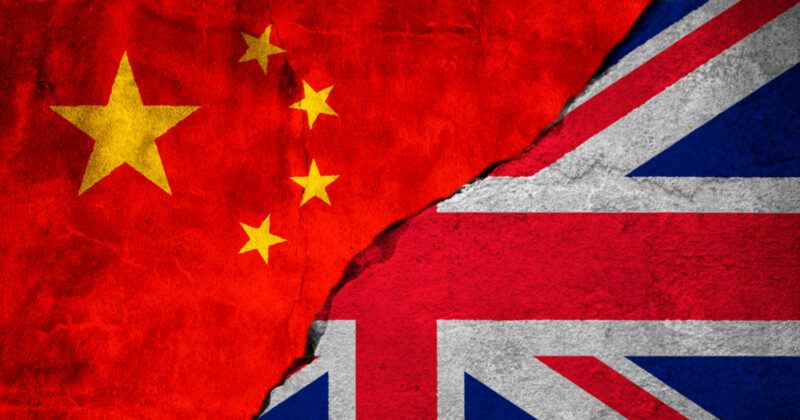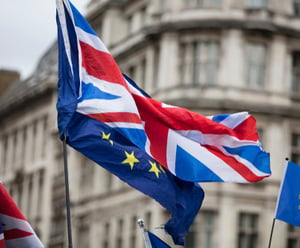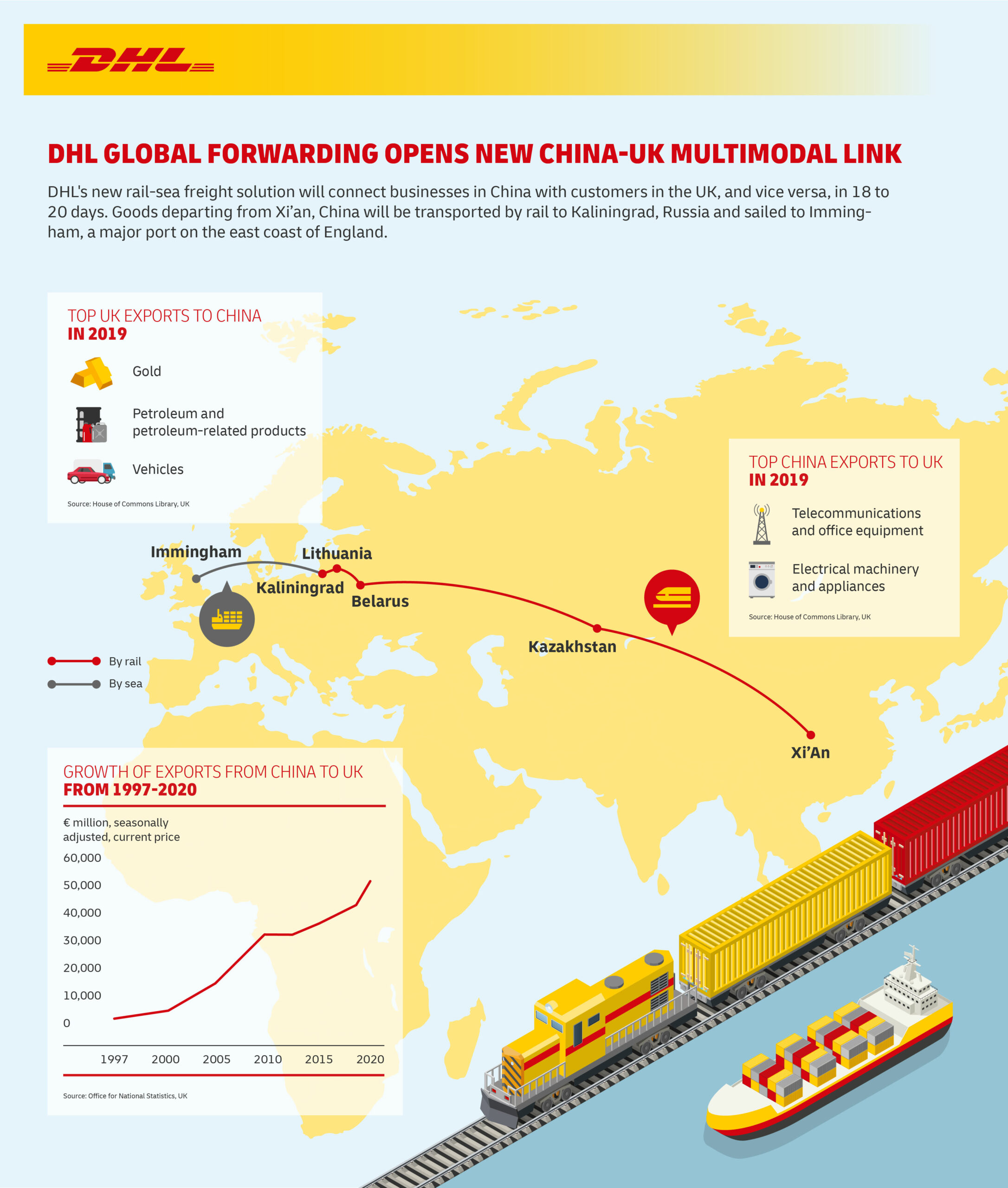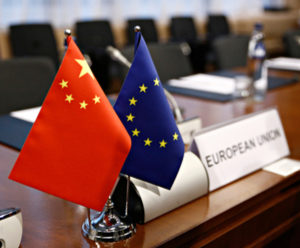
Post-Brexit: What next for UK-China trade ties?

Divorced from the European Union (EU) and going it alone in a tough global trade environment, the United Kingdom (UK) needs new markets and allies now more than ever.
China, in particular, has become an increasingly important trade partner to the UK, offering some of the best opportunities after Brexit. From 2010 to 2019 alone, UK exports to China jumped 247 percent.
Recognizing China’s importance as a trade partner, the UK government has long tried to strengthen relations between the two countries. In 2015, then chancellor George Osborne hailed a “golden decade” for Sino–British relations, calling the UK “China’s best partner in the West.”
But this has changed as the UK took a tough stance on several issues involving China — from the rollout of the new national security law in Hong Kong to China’s treatment of its Uighur Muslim population.
According to Britain’s recent defense and foreign policy review, China and the UK both benefit from bilateral trade and investment, but China also poses the biggest state-based threat to the UK’s economic security.
Such a stance toward China could have ramifications for trade between the two countries.
China’s raft of trade sanctions on Australian exports over the past year, for instance, have hit several industries hard and cost Australian exporters billions of dollars in lost sales.
Keeping up trade links
“The UK faced numerous trade challenges in the past year, having to navigate economic and trade uncertainties over Brexit and during the pandemic while managing new UK–EU border regulations and processes at the dawn of the new Brexit era,” said Kelvin Leung, CEO of DHL Global Forwarding Asia Pacific.
“As the UK economy starts picking up and China celebrates record growth in Q1 2021, trade between the two partners would be one to watch,” added Leung.
But China might prefer not to ostracize the UK, according to Chris Devonshire-Ellis, Founding Partner and Chairman of professional services firm Dezan Shira & Associates.
“The UK is 2.5 times larger [than Australia] in population and is a valued member of the global community,” said Devonshire-Ellis.
“However, there remains the danger that overzealous British politicians could instigate trade sanctions on China,” he added. “That would be a mistake. Breaking away from the EU is one thing. Deliberately cutting the UK off from other huge emerging markets would be doubly damaging and an act of political and trade recklessness.”
Indeed, the opportunity to reach China’s consumers — particularly its middle-class consumer market, which is now the largest in the world — is too appealing to pass up.
Already, UK trade with China is showing signs of accelerating this year. Exports to China reached £3.9 billion (€4.5 billion) in the first quarter of 2021, up from £3.6 billion (€4.15 billion) the previous year.
To facilitate the growing opportunities for trade, DHL Global Forwarding recently launched a new rail–sea freight solution offering Chinese businesses faster access to customers in the UK and vice versa.
Jointly developed with Xi’an International Inland Port Investment & Development Group Co., Ltd; Russian Railways Logistics; and Rail Transportation Service Broker Gmbh, the new DHL service will transport cargo by rail from Xi’an in China to Kaliningrad in Russia via Kazakhstan, other parts of Russia, Belarus, and Lithuania.
It will then transfer the cargo by sea to Immingham, one of the most important ports on the UK’s east coast.
“Most China–UK multimodal routes often include Germany, Poland, or the Netherlands as the midpoint for transfer from rail freight to sea or road freight,” said Steve Huang, CEO of DHL Global Forwarding Greater China. “After Brexit, going by these routes would incur additional customs procedures and fees.”
The new service will potentially avoid seasonal congestion on the EU border, which in turn guarantees a more stable transit time,” added Huang.
Exploring opportunities for trade
As the UK navigates post-Brexit trade, it has many incentives to keep up its ties with China. An earlier analysis showed that, after Brexit, China offered the second greatest opportunity for export among non-EU countries across the automotive, consumer, healthcare, and technology sectors.
The UK will also need investments in infrastructure and energy to achieve its green or sustainability targets, according to Aman Wang, a board member of UK-based networking body 48 Group Club.
Wang believes these efforts will require support from China, which has a lot to offer from market technology to capital.
According to Devonshire-Ellis, both countries already have strong trade links which have yet to be endorsed and reinforced.
“UK exporters should be targeting the China market either directly from the UK or indirectly through a subsidiary in an ASEAN [Association of Southeast Asian Nations] or RCEP [Regional Comprehensive Economic Partnership] nation, both of which have free trade agreements with China,” he said.
A challenging political environment looms over the countries’ bilateral relations, but maximizing trade partnerships could equally benefit both China and the UK in the post-Brexit era.
ALSO WORTH READING














 English
English